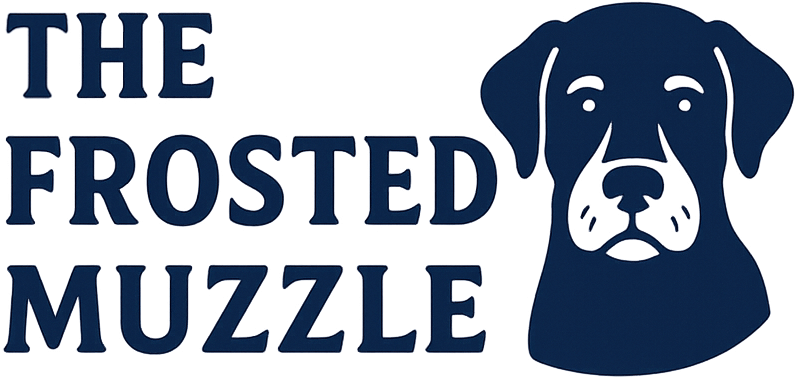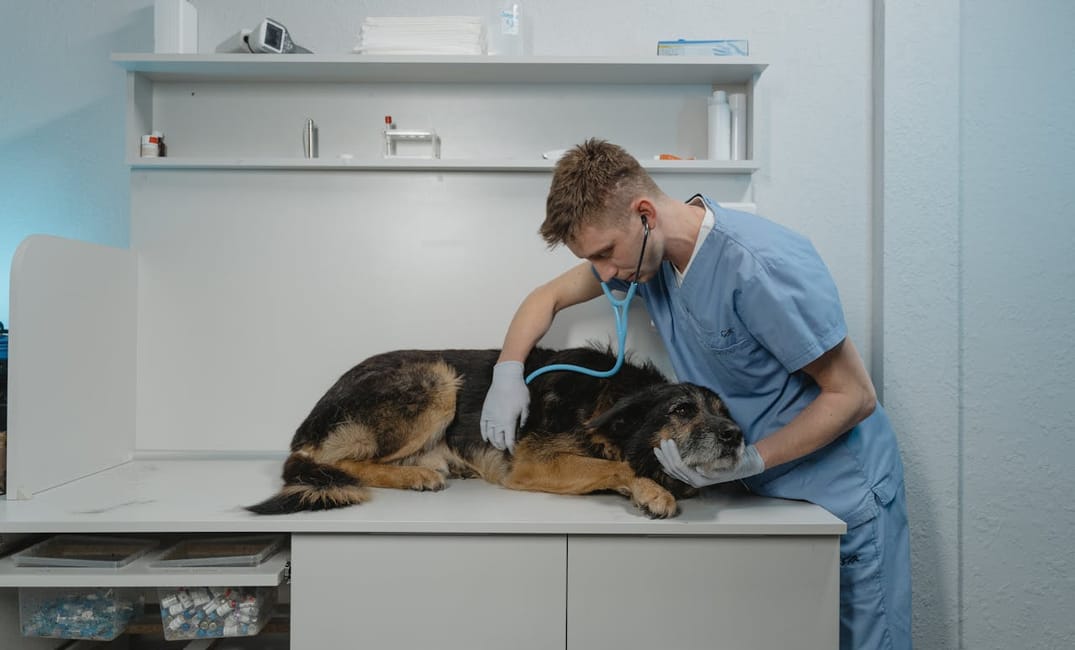Table of Contents
As dogs age, their needs, behaviors, and health risks change in subtle but significant ways. Senior dogs aren’t just older versions of their younger selves, they’re living in a completely different life stage. Veterinarians who work with aging dogs every day have seen it all, and there are a few things they wish every senior dog owner truly understood.
Here’s what they want you to know.
1. Aging Isn’t a Disease, But It Comes With Risks
Getting older is natural. It’s not something to “fix,” but it does require more attention. Your senior dog might move more slowly or sleep more often, but don’t assume these are just quirks of old age. Subtle changes can signal something deeper, like arthritis, dental disease, or organ decline.
2. Regular Checkups Are More Important Than Ever
Most vets recommend senior dogs have checkups twice a year. Why? Because health issues can progress faster in older dogs, and early detection can make a big difference. That tiny lump, slight weight loss, or change in appetite might be the first sign of something serious.
3. Pain Doesn’t Always Look Like Pain
Senior dogs are good at hiding discomfort. They may not whimper or cry out. Instead, pain can show up as limping, reluctance to jump, or even personality changes. If your dog seems more withdrawn or irritable, don’t write it off as aging,talk to your vet.
4. Diet Matters More Than You Think
As dogs age, their metabolism slows, and their nutritional needs shift. Your vet might recommend food with joint support, lower calories, or easily digestible proteins. What your dog eats can directly affect their comfort and lifespan.
5. Weight Control Isn’t Just About Looks
Extra weight is especially hard on aging joints, hearts, and organs. A few extra pounds might not seem like a big deal, but for a senior dog, it can mean the difference between a long, active retirement and a painful decline.
6. Mental Stimulation Is Still Essential
Cognitive decline is common in older dogs, but it doesn’t have to be severe. Puzzle toys, short training sessions, and gentle play can keep your dog’s mind sharp and ward off confusion or anxiety. Don’t stop engaging just because your dog is slower.
7. Dental Health Affects the Whole Body
Tooth decay and gum disease don’t stay in the mouth. Infections can spread, causing issues with the heart, kidneys, and liver. Regular dental cleanings and at-home care (like brushing or dental treats) can dramatically improve your dog’s quality of life.
8. Stairs and Slippery Floors Are a Bigger Deal Than You Realize
What was once a minor inconvenience can become a serious hazard. Slippery tiles, steep stairs, or even jumping off the couch can lead to injuries. Adding rugs, ramps, or steps can help prevent painful falls and give your dog more freedom.
9. Every Day Counts
The truth is, senior dogs don’t have as much time left as we’d like. But that doesn’t mean their days can’t be full. Vets want owners to remember that it’s not about how much time is left, it’s about making the most of it. Celebrate the little things: the wagging tail, the slow walk in the sunshine, the way they still lean in for belly rubs.
Our dogs give us their whole hearts, and when they grow old, they count on us to return that love with patience, care, and understanding. These years may require more effort, but they’re also filled with a quiet kind of magic. Listen closely to what your senior dog and your vet is trying to tell you.

